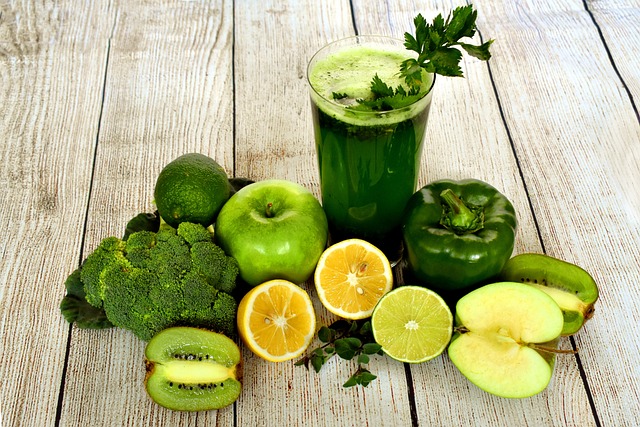Dairy-Free Delights: Exploring Probiotic-rich Alternatives for the Lactose Intolerant
Living with lactose intolerance doesn’t mean giving up on the benefits of probiotics. While many probiotic sources are dairy-based, there are still plenty of delicious options for those who have to avoid lactose. In this blog, we will explore some dairy-free alternatives that are not only rich in probiotics but also easy to incorporate into your daily diet. So, let’s dive in and discover the dairy-free delights!
1. Fermented Foods
One of the best ways to obtain probiotics without consuming dairy is through fermented foods. These foods undergo fermentation, a process that enhances their nutrient profile and boosts the probiotic content.
Sauerkraut, a classic fermented cabbage dish, is a popular option for lactose-intolerant individuals seeking probiotics. It is packed with beneficial bacteria, such as Lactobacillus. You can enjoy sauerkraut as a side dish or as a topping for sandwiches.
Kimchi, a traditional Korean side dish made from fermented vegetables, is another excellent choice. Besides adding a tangy and spicy kick to your meals, kimchi offers a wide range of probiotics that can promote gut health.
Miso, a staple in Japanese cuisine, is a fermented soybean paste known for its rich umami flavor. It is commonly used in soups, marinades, and dressings. Miso provides a good amount of probiotics and can be a versatile addition to your dairy-free recipes.
2. Non-Dairy Yogurt
If you’re missing the creamy texture and tanginess of yogurt, don’t worry! There are numerous non-dairy yogurt options available that are probiotic-rich and delicious.
Coconut milk yogurt is one popular choice among the lactose intolerant population. Made from the liquid extracted from mature coconuts, it offers a smooth and creamy texture. Look for brands that contain live and active cultures to ensure a sufficient probiotic content.
Almond milk yogurt is another option to consider. It is typically made from blended almonds and water, resulting in a creamy and nutty flavor. Make sure to choose a variety that contains live cultures to reap the probiotic benefits.
Soy milk yogurt, derived from soybeans, is widely available and offers a comparable texture to traditional yogurt. Select options that are specifically labeled as containing live cultures for optimal probiotic content.
3. Kombucha
Kombucha, a fermented tea drink, has gained popularity for its potential health benefits. It is made by fermenting sweetened tea with a symbiotic culture of bacteria and yeast (SCOBY). The fermentation process creates a fizzy and tangy beverage abundant in probiotics.
Kombucha comes in various flavors, making it an exciting and refreshing option for those seeking a dairy-free probiotic alternative. However, since some kombucha brands may contain trace amounts of alcohol, it’s important to read labels carefully and choose reputable brands.
4. Tempeh
Tempeh, a soy-based product, is created by fermenting soybeans and forming them into a solid cake. It has a nutty flavor and a firm texture, making it a versatile ingredient in various dishes.
Like other fermented soy products, tempeh is rich in probiotics and also provides a good source of plant-based protein. It can be marinated, grilled, stir-fried, or crumbled and used as a meat substitute in recipes.
5. Pickles
Who knew that pickles could be more than just a tangy snack? Naturally fermented pickles, made without vinegar, are an excellent source of probiotics. These pickles are prepared by allowing cucumbers to ferment in a brine solution, enhancing their probiotic content.
When shopping for pickles, look for ones that are labeled as “naturally fermented” or “probiotic-rich” for the maximum health benefits. You can enjoy pickles as a side dish, add them to salads, or even use them as toppings for sandwiches or burgers.
Conclusion
Being lactose intolerant doesn’t mean you have to miss out on the benefits of probiotics. Incorporating these dairy-free alternatives into your diet can help maintain a healthy gut and support overall well-being.
Experiment with different fermented foods, non-dairy yogurts







